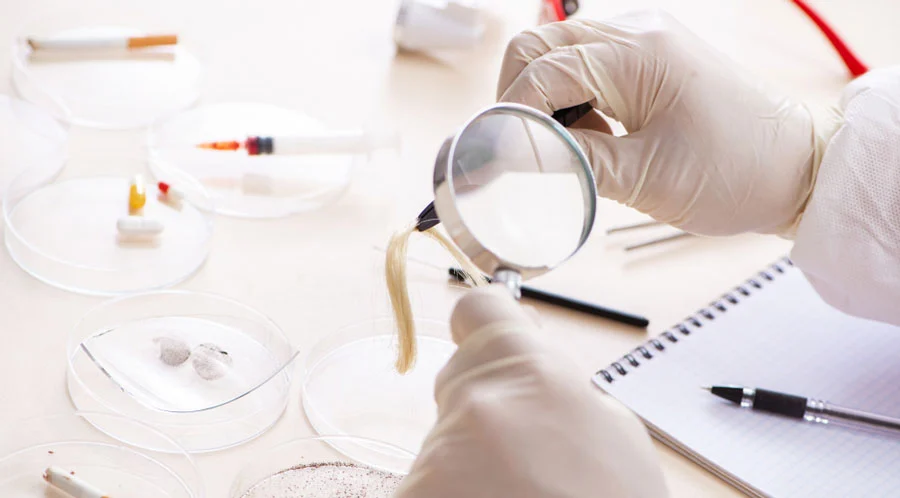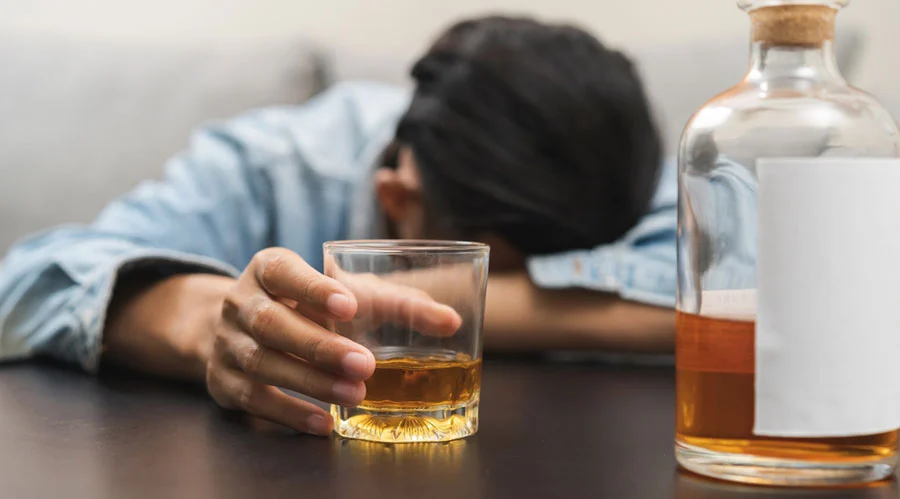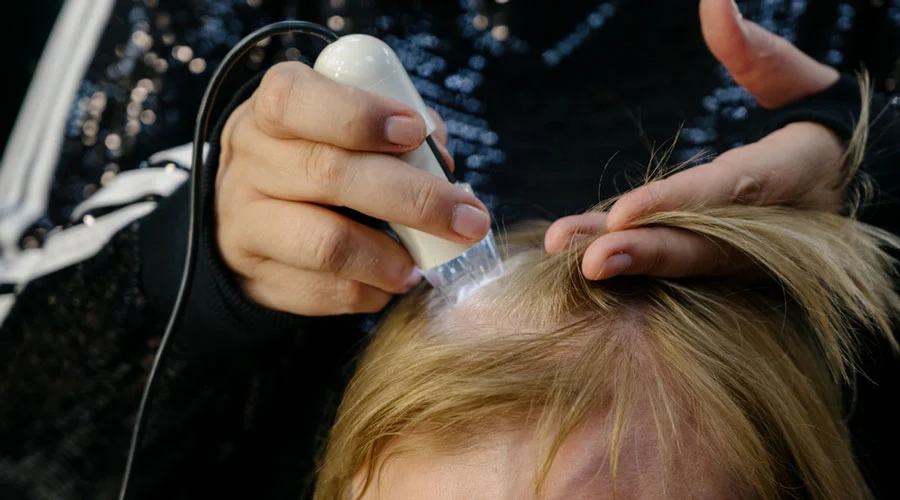Get Answers on Hair Alcohol Testing and its Detection Window
In general, there are a lot of reasons someone might need a drug test. For example, workplace drug testing is very common for new hires. Urine drug testing is significantly more common than hair testing.
However, there are some cases where a hair follicle test for alcohol and other drugs can be useful. If you require hair testing for alcohol consumption for any reason, you might wonder what to expect.
So, what is the detection window for hair alcohol testing, and what is it like to get hair tests for alcohol use?
How do you avoid a positive test result, and what does it mean if you’re trying to avoid a positive result for any reason other than a false positive caused by hair products?
Today, we’ll answer those questions and discuss how addiction treatment at Catalina Behavioral Health can help if you have or might have a problem with alcohol.
Get Immediate Help For Problem Drinking
How Long Can You Detect Alcohol Consumption With a Hair Alcohol Test?
Usually, the #1 reason a person or institution may choose to use hair testing for alcohol and other drugs is that it can detect alcohol in the system for significantly longer than other types of drug tests.
For example, a standard urine test can only detect alcohol for 12-72 hours at most, and only those who drink heavily will have a positive test at 72 hours. Standard blood alcohol tests only detect recent alcohol consumption, with positive test results showing up for about 12 hours after your last drink.
Unlike a urine or blood test, a hair alcohol test can detect alcohol for about 3-6 months or more. The test can provide strong evidence of whether or not someone has consumed alcohol in the past three months. Some research suggests that hair alcohol testing could potentially reveal alcohol consumption for years.
However, the majority of people will have cut their hair several times over in that span of time. Excessive consumption of alcohol will make alcohol markers show up for longer in a hair drug test.
The longer detection window that comes with a hair alcohol test, paired with the ability to see how much alcohol is detected in a person’s system at any point in time, can provide a rough idea of when a person used alcohol last.
If someone orders hair alcohol testing due to an incident, such as possible intoxication at the workplace, an initial sample should be taken about 4-6 weeks after the incident. As you might expect, this is because it takes time for a person’s hair to grow.
What Happens During a Hair Follicle Test for Alcohol?

Hair follicle drug testing for alcohol consumption is primarily used for those who consume excessive amounts of alcohol chronically (on an ongoing basis). It is not recommended for testing the occasional use of alcohol or any other drug, and it can feel more invasive than urine or blood testing because of how it’s conducted.
A hair follicle test requires cutting off a small amount of hair. Most often, they’ll use head hair for a hair strand test, but body hair can technically detect alcohol, too. The tester will cut your hair close to the root or scalp. To avoid bald patches, the person administering the test will take hairs from different parts of the head. Then, hair samples are sent to a laboratory for testing.
Sometimes, other forms of drug tests will be used alongside hair alcohol testing for a more accurate result. For example, blood tests could be used alongside hair alcohol testing so that testers can get a more accurate picture of your alcohol use.
How to Avoid a Positive Hair Alcohol Test
Hair alcohol testing looks for the alcohol markers ethyl glucuronide, or EtG, and fatty acid ethyl esters (FAEE). Some products, like detox shampoos, can reduce the amount of EtG in hair, leading to lower alcohol levels on a hair test.
Additionally, you do have to have sufficient hair to get a hair test in the first place. Some people go as far as to cut their hair off if faced with the need for a hair alcohol test; this is certainly a sign that you could need help with alcohol addiction.
If you’re avoiding positives on a drug test because you drink heavily, engage in binge drinking, or have Alcohol Use Disorder, the best thing you can do is seek addiction treatment. Once you stop drinking, the alcohol markers that show up on a hair test will gradually decrease until they disappear, showing or proving a reduction in use.
What are the Signs that Drinking May Be a Problem?

Feeling nervous about drug tests doesn’t have to be a fact of your life. Getting help for excessive alcohol use means that you won’t have to avoid possible consequences of alcohol testing, like job loss, any longer. Signs that could indicate a need for addiction treatment can include but aren’t limited to the following.
- Needing to use more alcohol than before to achieve the desired effects (increased tolerance)
- Spending a significant time drinking or recovering from the effects of drinking regularly
- Using alcohol in inappropriate, risky, or dangerous situations (e.g., before driving)
- Experienced withdrawal symptoms upon discontinuing or reducing alcohol use
- Using alcohol even though it causes problems at work, home, or school
- Wanting to stop or reduce alcohol use but failing to do so successfully
- Binge drinking or consuming alcohol in large amounts
- Lying to other people about the amount you drink
- Alcohol cravings
Consuming alcohol in large amounts can have serious and detrimental effects on the body and your life. Catalina Behavioral Health can help.
Call Catalina for Alcohol Treatment Options Today

If you or your loved one shows signs of alcohol abuse or dependence, treatment can help. To get information about our programs, inquire about treatment for a loved one, or verify your insurance coverage for care at Catalina Behavioral Health, contact us today.
To reach Catalina Behavioral Health, call the admissions line on our website. Our team is here to answer your questions or start the intake process. All calls are completely confidential, so please reach out for our support today!
Up To 100% of Rehab Costs Covered By Insurance
FAQs Regarding Hair Follicle Tests for Alcohol
How far back does a hair follicle test for alcohol?
Hair strand tests can be used to look for various substances, including alcohol, marijuana, cocaine, amphetamines, and other drugs. How far back a drug test of any kind goes can depend on multiple factors. The level of a person’s alcohol consumption is one of the most significant factors that affect hair follicle testing.
Alcohol hair testing picks up on alcohol use for a longer period than alcohol blood tests or urine tests. In fact, hair samples can sometimes trace alcohol use for a year or more, assuming that the person hasn’t cut their hair and used alcohol excessively within a relevant time frame.
How sensitive is a hair follicle test for alcohol?
The Society of Hair Testing, or SOHT, has guidelines that help testers conduct effective hair strand tests for alcohol and other drugs. Hair alcohol testing is most sensitive for heavy drinkers or those consuming more than fifty units of alcohol per week. One study found that hair alcohol tests using SOHT guidelines detected 57.9% of high-risk drinkers and 45.5% of increasing-risk drinkers.
What can cause a false positive hair follicle test for alcohol?
It is 100% possible for some products to create a false positive, which can be jarring for those requiring alcohol testing. Alcohol-based perfumes and some types of hair treatments could create a false positive for alcohol on a hair follicle test. Note that some foods, like poppy seeds, could create a false positive for other drugs.
References
- https://pubmed.ncbi.nlm.nih.gov/22336766/
- https://www.sciencedirect.com/science/article/abs/pii/S2352007819300460
- https://medlineplus.gov/lab-tests/blood-alcohol-level/
- https://www.niaaa.nih.gov/alcohol-health/overview-alcohol-consumption/moderate-binge-drinking
- https://www.ncbi.nlm.nih.gov/pmc/articles/PMC9696213/




